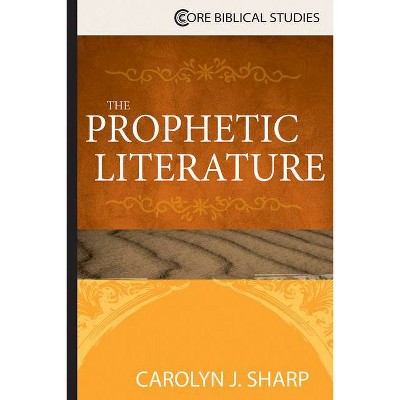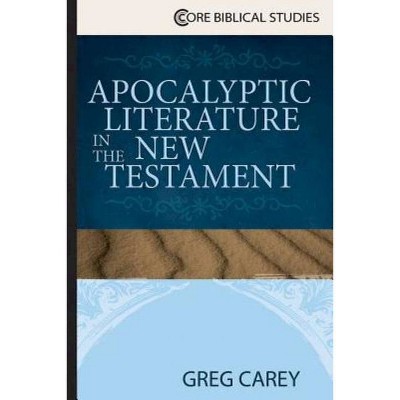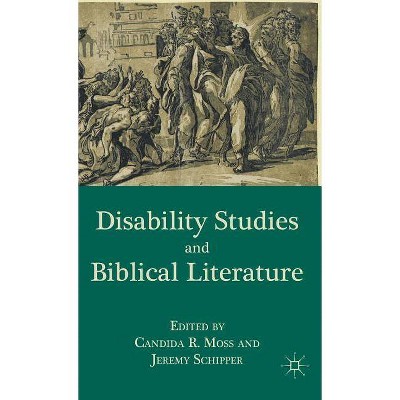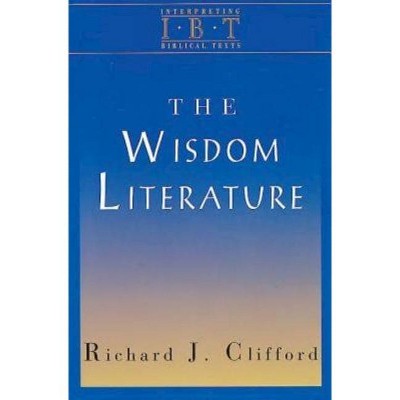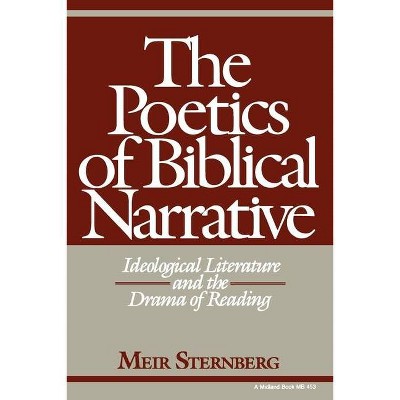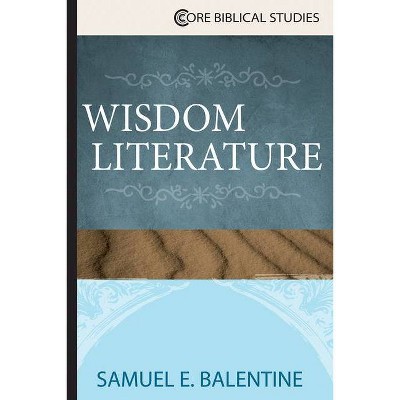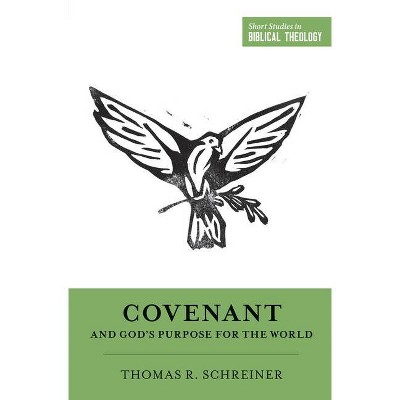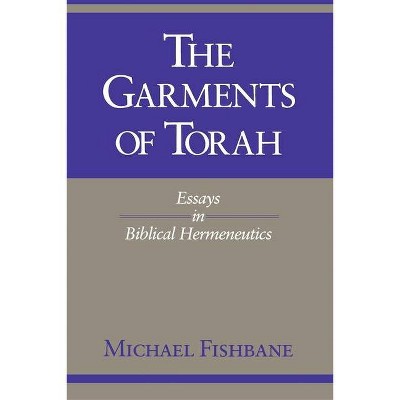Poetry with a Purpose - (Indiana Studies in Biblical Literature) by Harold Fisch (Paperback)
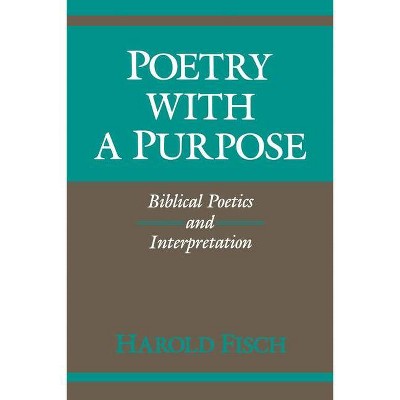
Similar Products
Products of same category from the store
AllProduct info
<p/><br></br><p><b> About the Book </b></p></br></br>Equally at home in biblical studies and in general literature and theory, the author has produced a highly original work of unusual range and scholarship.<p/><br></br><p><b> Book Synopsis </b></p></br></br><p>Do Old Testament poetry and narrative, wisdom-writing and prophecy work on us in the same way as do nonbiblical literary texts? Competent readers over the centuries have arrived at conflicting answers to this question. Some (from Longinus on) have maintained that biblical books offer examples of supreme literary art; others have passionately rejected this approach, insisting that beauty and pleasure are not the Bible's business.</p><p>Poetry with a Purpose argues that, paradoxically, both views are right. Biblical poetics is marked by an unusual tension between aesthetic and nonaesthetic (even anti-aesthetic) modes of discourse. To understand this dialectic is to understand something quite fundamental about biblical texts and, more particularly, about the nature of the contract that governs their reading. The text summons the reader to respond to a familiar form but at the same instant undermines that response, deconstructs that form. The book of Ester, for example, displays the conventions of the Persian epic tradition, but its style is subtly challenged by the text itself. Similarly, the book of Job might seem to conform to the classical concept of tragedy but ultimately presents a uniquely biblical version of the form. While the prophets use the language of myth, they will often explode or demythologize their own language, affirming purposed at variance with the world of myth.</p><p>Harold Fisch applies his remarkably fruitful thesis to a number of biblical texts and modes, among them biblical pastoral, the Song of Songs, Psalms, Hosea, and Ecclesiastes. Equally at home in biblical studies and in general literature and theory, the author has produced a highly original work of unusual range and scholarship.</p><p/><br></br><p><b> Review Quotes </b></p></br></br><br><p>From reviews of previous volumes: This variorum edition will be the basis of all future Donne scholarship. --Chronique Academic libraries and specialists in Renaissance and 17th-century studies should feel compelled to own each and every volume of this series. --Seventeenth Century News An occasion for celebration. Among the most ambitious and valuable collaborative scholarly enterprises at the end of the twentieth century. Superb. --Early Modern Literary Studies</p><br><br><p>It is not often that one comes across a book which, in its design and execution, marks itself out as really distinguished. this, however, is the case with Harold Fisch's Poetry with a Purpose. It is a book that needs to be read slowly . . . because it is so rich in new ideas and in surprises. . . . [Readers] will surely feel nothing but gratitude for the illuminating way in which [the author] has demonstrated the depth, subtlety, beauty, harshness, and unpredictability of biblical Hebrew poetry, and that it demands that readers should hear and respond.42.2 1991</p>-- "Journal of Theological Studies"<br><p/><br></br><p><b> About the Author </b></p></br></br><p>Harold Fisch, Professor of English and Comparative Literature at Bar-Ilan University, Isreal, is translator of the Korean Jerusalem Bible and author of numerous books and articles, including Hamlet and the World and A Remembered Future.</p>
Price History
Price Archive shows prices from various stores, lets you see history and find the cheapest. There is no actual sale on the website. For all support, inquiry and suggestion messagescommunication@pricearchive.us
